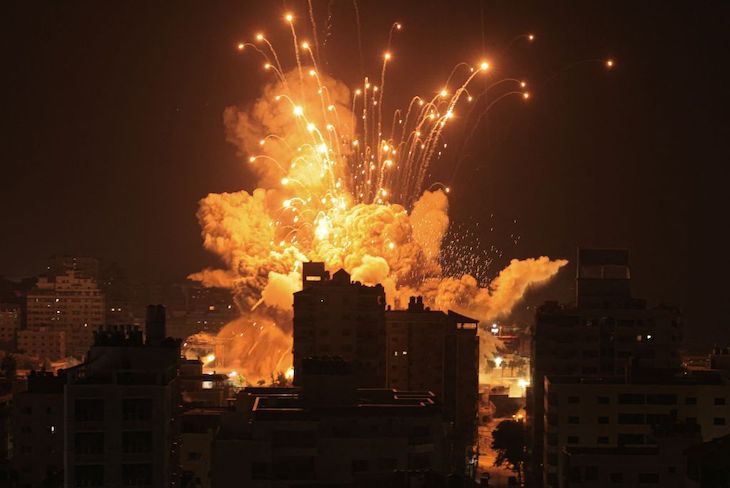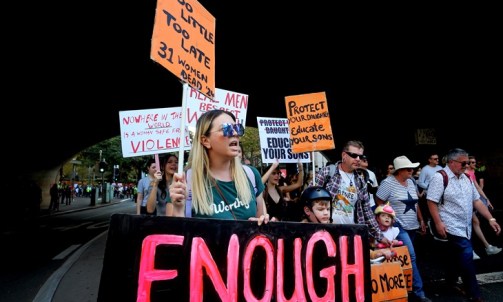Hopes for a temporary ceasefire deal between Israel and Hamas during Ramadan were dashed over the weekend, when it became apparent that no such deal would be reached before the beginning of the holy month. Weeks of tough negotiations that raised optimistic speculations about a deal have so far produced no tangible results.
Already a subscriber? Log in
Subscribe for just $2 a week
Try a month of The Spectator Australia absolutely free and without commitment. Not only that but – if you choose to continue – you’ll pay just $2 a week for your first year.
- Unlimited access to spectator.com.au and app
- The weekly edition on the Spectator Australia app
- Spectator podcasts and newsletters
- Full access to spectator.co.uk
Or




















Comments
Don't miss out
Join the conversation with other Spectator Australia readers. Subscribe to leave a comment.
SUBSCRIBEAlready a subscriber? Log in